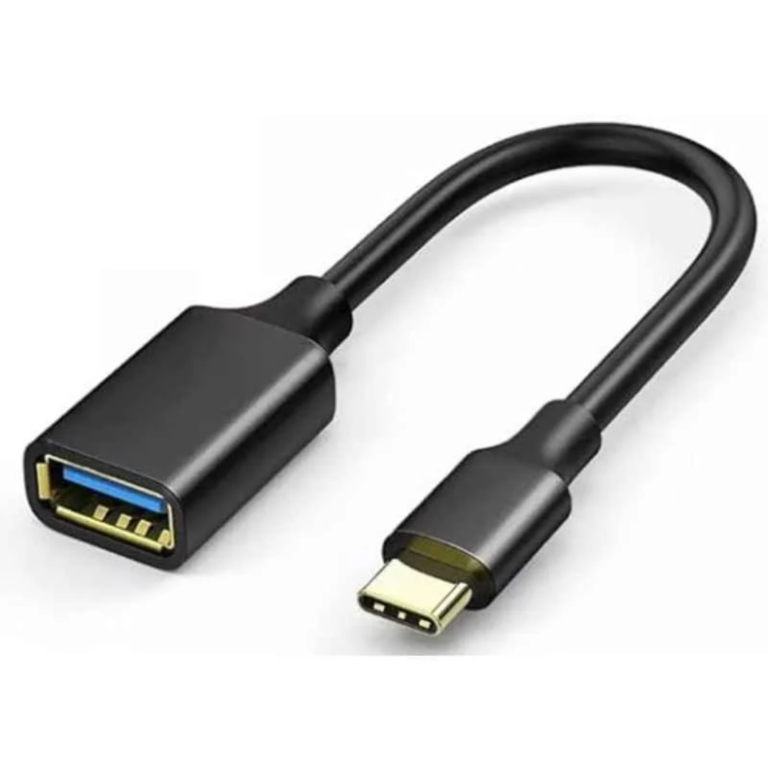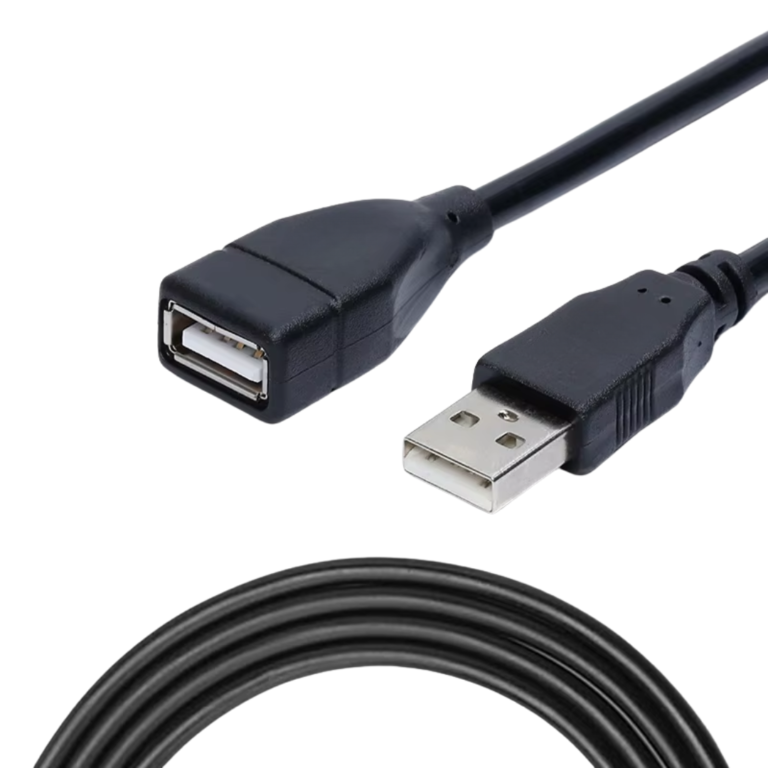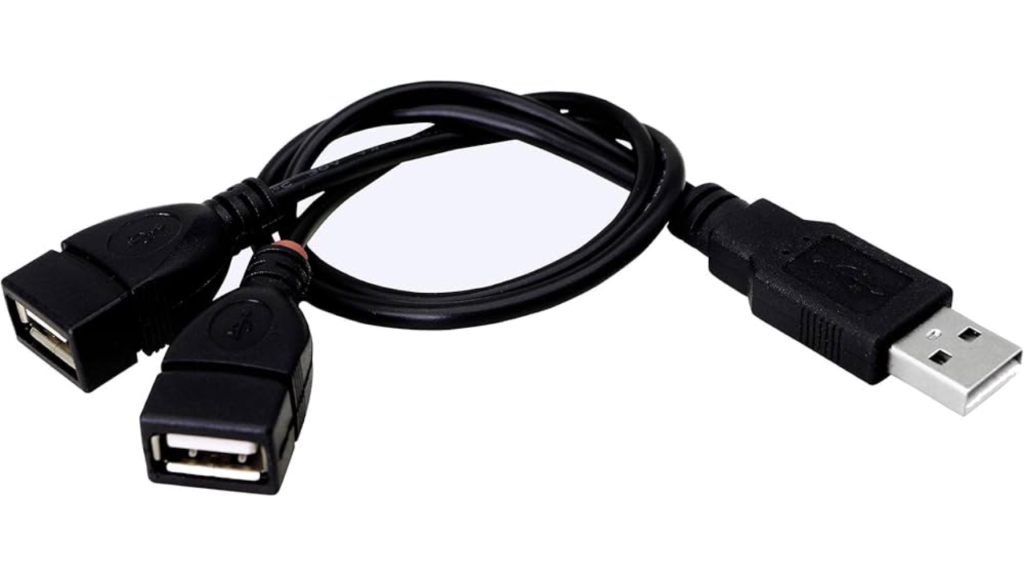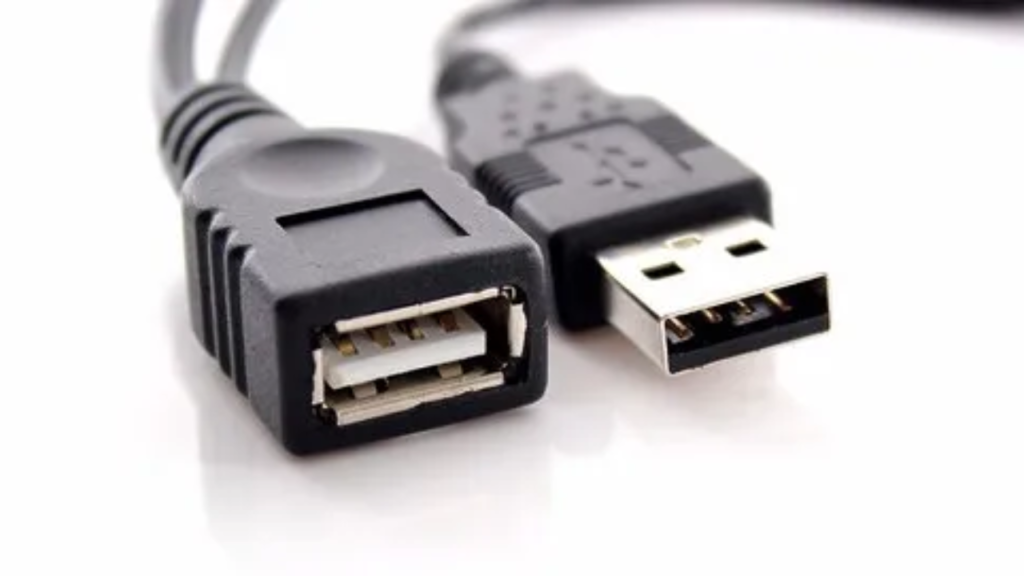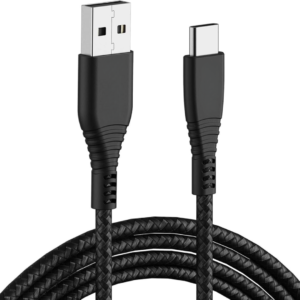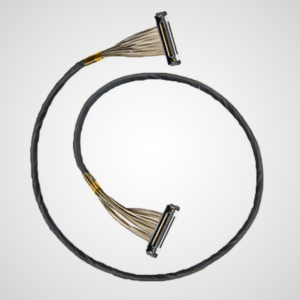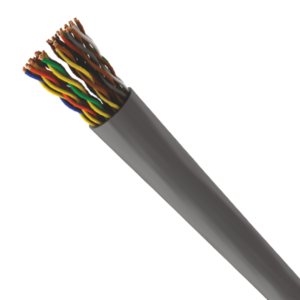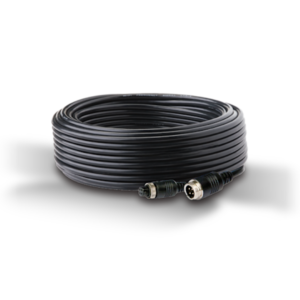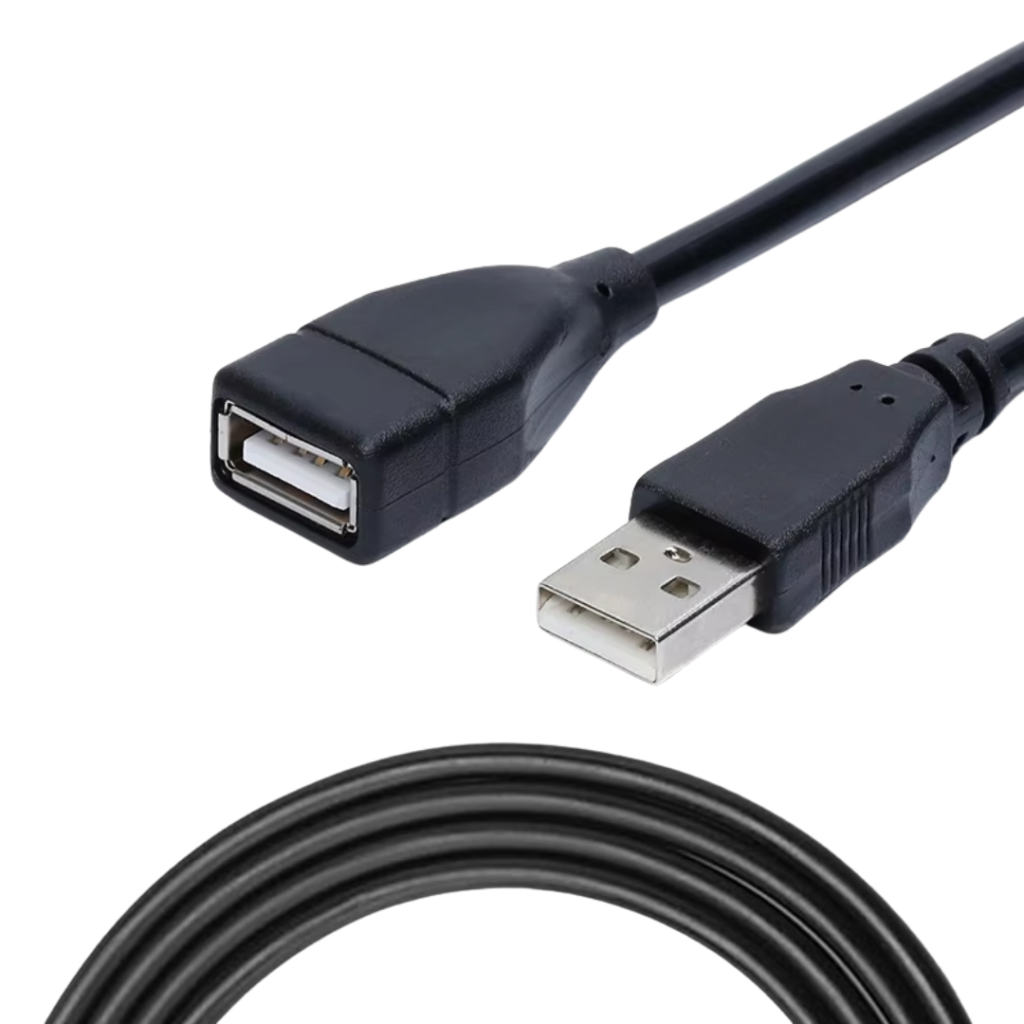Automotive
Engine mounts, chassis parts, and machined components for assembly lines.
Aerospace
High-strength fasteners, landing gear parts, and structural assemblies.
Defense
Forged housings, armor brackets, and mission-critical structural parts.
Robotics
Precision housings, actuator frames, and armature linkages for automation systems.
Consumer Goods
Metal frames, brackets, and assemblies for appliances and home equipment.
Electric Vehicles
Busbar holders, battery pack parts, and lightweight structural enclosures.
New Energy
Solar mounting parts, wind turbine brackets, and battery enclosures.
Oil & Gas
Valve bodies, flange blocks, and downhole drilling components.
Heavy Fabrication
Large welded frames, PEB structures, and assemblies for industrial equipment.
High-performance cables and wires engineered for durability and seamless connectivity across applications.
Custom-built wiring harnesses for secure connections and streamlined installations.
Precision-engineered busbars for efficient power distribution and minimal energy loss.
Robust connectors designed for secure locking, reliable conductivity, and long-term performance.
Durable transformers built for consistent performance, energy efficiency, and stable power regulation.
Frigate’s industrial-grade heat sinks provide efficient, customizable cooling for high-performance thermal management.
Diverse solutions covering automotive, electrical, mechanical, and industrial needs with precision-built components.
CNC machining delivers micron precision and tight tolerances for complex geometry.
Frigate CNC Machining offers high-precision, custom solutions for complex casting geometries. Multi-axis capabilities ensure tight tolerances and optimal surface finishes.
Sheet metal fabrication uses laser cutting, punching, and bending for precision.
Frigate Sheet Metal Fabrication utilizes advanced laser cutting and press brake technology for custom casting applications. Tight tolerances, superior welds, and high-strength materials ensure structural integrity.
Injection molding produces high-precision parts with consistent quality.
Frigate Injection Molding delivers custom-engineered parts with micron-level precision and structural integrity. Specialized molds maintain tight tolerances for complex geometries and high-stress applications.
Precision casting ensures accurate, high-quality parts.
Forging services improve material strength with precise tolerances.
Frigate Casting Services provides custom casting with tight tolerances and complex geometries. We enhance material properties using advanced metallurgy, ensuring strength and wear resistance. Our precision methods support high-performance aerospace, automotive, and industrial applications.
End-to-end part production from samples to bulk supply.
- Zero rework with strict CMM and in-process checks.
- No delays with real-time production tracking.
- Lower costs through optimized material and processes.
- Better manufacturability with expert DFM support.
Ready-to-use assemblies built to exact fit and function.
- Seamless multi-component integration for fully functional assemblies.
- Standardized work instructions ensure consistency across every batch.
- Reduced assembly time with pre-fitted and pre-tested components.
- End-to-end validation for plug-and-play reliability.
Heavy-duty fabrication with high-strength materials for demanding applications. Robust welding for maximum structural durability.

